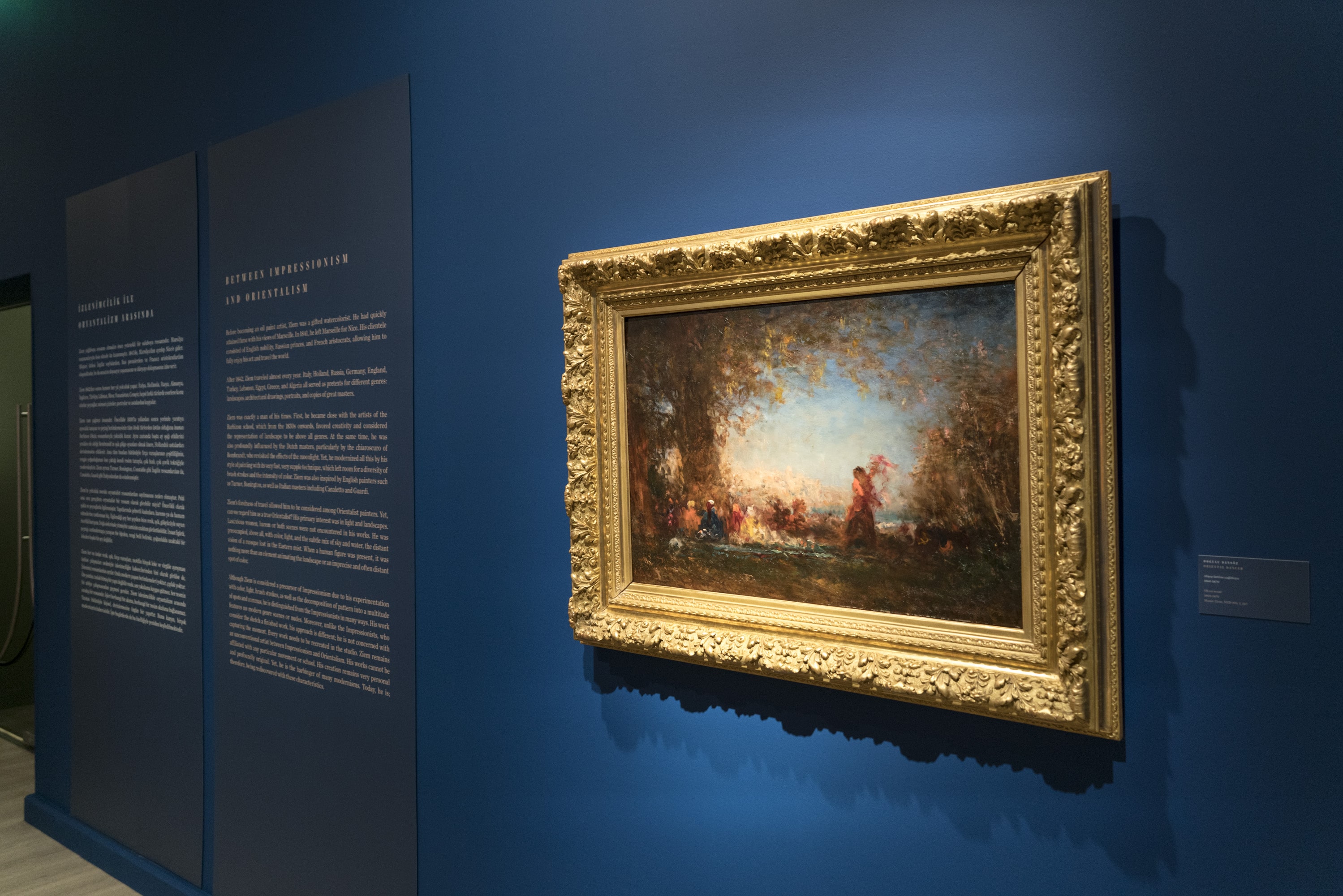Director: Leila Conners
USA, 2015, 22', HDD, color
English with Turkish subtitles
Biomimicry, the practice of looking deeply into nature for solutions to engineering, design and other challenges, has inspired a film about it's ground-breaking vision for creating a long-term, sustainable world. This film covers how mimicking nature solves some of our most pressing problems, from reducing carbon emissions to saving water; and gives Janine Benyus the space to explain these subtle yet powerful solutions.

Pera Museum presents an exhibition of French artist Félix Ziem, one of the most original landscape painters of the 19th century. The exhibition Wanderer on the Sea of Light presents Ziem as an artist who left his mark on 19th century painting and who is mostly known for his paintings of Istanbul and Venice, where the city and the sea are intertwined. Through the exhibition, we will be sharing detailed information about the artist and the artworks.
Tuesday - Saturday 10:00 - 19:00
Friday 10:00 - 22:00
Sunday 12:00 - 18:00
The museum is closed on Mondays.
On Wednesdays, the students can
visit the museum free of admission.
Full ticket: 300 TL
Discounted: 150 TL
Groups: 200 TL (minimum 10 people)